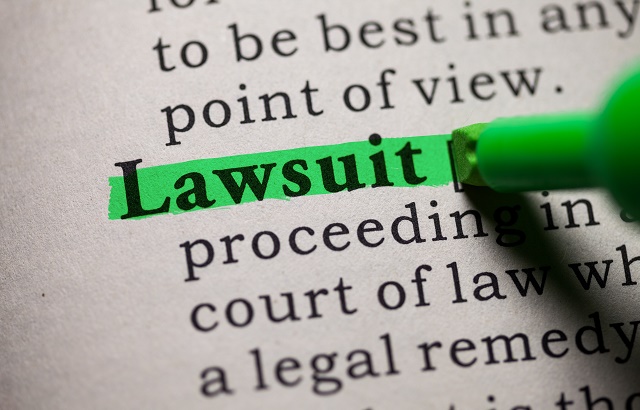The law firm representing the victims of London Capital & Finance (LCF) is seeking a judicial review after the Financial Services Compensation Scheme (FSCS) refunded just 159 investors.
More than 11,600 clients were mis-sold £237m ($307.3m, €284.5m) worth of mini-bonds but, for the time being, only around 1% of people are expected to receive some sort of financial redress.
They are the ones who transferred money out of stocks & shares Isas to invest in LCF.
Shearman & Sterling claims the FSCS “has made incorrect legal interpretations and, as a result, has misdirected itself, operated under the basis of an error of law”.
The law firm alleged that the lifeboat scheme “lacks jurisdiction or legal basis” to make such a decision, which was based on “at least one error of fact”.
The case
The LCF bondholders’ claim is based on two main points:
- First, they argue that the compensation scheme has misunderstood the law by granting compensation to only a select few; and,
- Second, they claim that LCF’s provisions for bonds to be ‘non-transferable’ are void because the firm marketed the products as Isa investments, and it was registered as an Isa account provider with HM Revenue & Customs (HMRC).
Shearman & Sterling said: “The Isa regulations prohibit non-transferable bonds from scope, and these must prevail over the small print.”
LCF was FCA-regulated when it started selling Isa products.
But according to Smith & Williamson, the firm handling the administration of LCF, “the requirements to qualify for Isa manager status are fairly limited and it is not a rigorous application process”.
“We understand that Isa managers are not routinely monitored by HMRC.”
Regulatory failings
Shearman & Sterling partner Thomas Donegan, who is looking after the bondholders’ case, said that the FCA, FSCS and HMRC have all failed to protect consumers.
“LCF was authorised and regulated by the FCA and registered with HMRC as an Isa provider,” he said.
“The FSCS and FCA were set up to protect consumers, fight financial crime and instil confidence in the UK financial sector.
“Instead, in relation to LCF, these bodies have endorsed dodgy loopholes from regulation relied upon by the perpetrators of LCF; publicly attempted to re-label registered Isa accounts as ‘high risk mini-bonds’, so as to blame investors; and, more generally, sought to wash their hands of the affair.
“Although the FSCS has provided compensation to a handful of LCF investors, this has been based on distinctions which are illogical. We feel confident that the courts will see through their chicanery.”
One of the LCF bondholders told International Adviser: “[We] are indebted to Shearman & Sterling for their dedication. Morale in the group has been low due to conflicting and negative news from the FSCS.
“We can’t praise Thomas Donegan enough for his support. We are extremely lucky to have someone with such tenacity and legal expertise who is prepared to challenge the FSCS on our behalf.”
The law firm is representing the victims on a no-fee basis.
Legal requirements met
But the lifeboat scheme has rebuked Shearman & Sterling’s claim, stating that it has followed all the procedures it is legally required to.
A spokesperson for the FSCS said: “We note the intended application for judicial review regarding FSCS compensation for LCF customers.
“We appreciate LCF is a complex and sensitive case affecting a large number of investors who are keen to understand our decisions.
“FSCS has undertaken a thorough and wide-ranging investigation to determine whether LCF carried out any regulated activities that we might be able to compensate for.
“This has included significant factual analysis and external legal advice on some complex legal and regulatory issues.
“FSCS is an impartial service, operationally independent from the financial regulators, and FSCS reviews each claim on its individual merits according to the requirements under the rules, which FSCS is legally required to follow,” they added.








